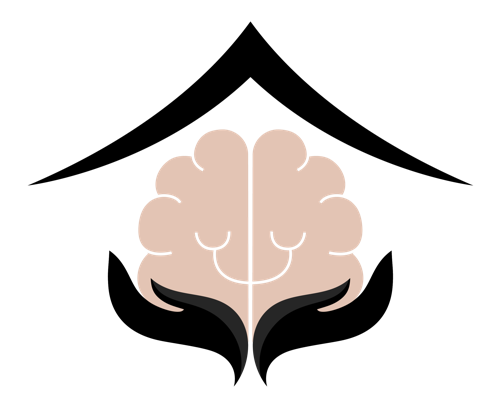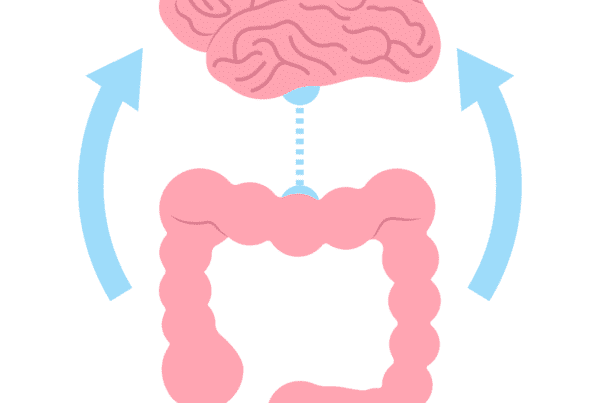At Safe Haven Health, we understand that mental health is a multifaceted aspect of well-being. While our focus is on providing cutting-edge mental health treatments, it’s essential to recognize the foundational role of a balanced diet in fostering optimal mental wellness. Let’s explore the profound connection between what we eat and how it impacts our mental health.
Nourishing the Mind: The Power of Nutrition
Nutrients for Neurotransmitter Production: Our brains rely on a delicate balance of neurotransmitters to regulate mood and cognitive function. Key nutrients, such as omega-3 fatty acids, B vitamins, and amino acids, are essential for synthesizing neurotransmitters like serotonin and dopamine. These chemicals are crucial in managing stress, anxiety, and overall mental well-being.
Blood Sugar Regulation: The foods we consume influence our blood sugar levels. A diet rich in refined sugars and processed carbohydrates can lead to fluctuations in blood sugar, impacting mood and energy levels. Maintaining stable blood sugar through a balanced diet helps sustain consistent energy and promotes emotional stability.
Antioxidants and Brain Health: Antioxidants, found in abundance in fruits and vegetables, play a vital role in protecting the brain from oxidative stress. Oxidative stress has been linked to cognitive decline and mental health conditions. Including colorful, nutrient-rich foods provides the antioxidants necessary for optimal brain health.
Building Blocks of. Mental Health-Boosting Diet
Omega-3 Fatty Acids: Fatty fish, flaxseeds, and walnuts are excellent sources of omega-3 fatty acids. These essential fats contribute to the structural integrity of brain cells and support neurotransmitter function.
Whole Grains: Whole grains like quinoa, brown rice, and oats provide a steady release of energy and are rich in fiber, promoting gut health. A healthy gut, as we have explored in a previous post, is closely linked to mental wellness.
Lean Proteins: Protein-rich foods contain amino acids, the building blocks of neurotransmitters. Incorporate lean proteins like poultry, fish, tofu, and legumes into your meals for a balanced amino acid profile.
Colorful Fruits and Vegetables: The vibrant colors of fruits and vegetables indicate the presence of various vitamins, minerals, and antioxidants. Aim for diverse, colorful produce to ensure a broad spectrum of nutrients.
Hydration Matters: Dehydration can impair cognitive function and mood. Make sure to stay adequately hydrated by drinking water throughout the day.
Practical Tips for a Balanced Diet and Mental Wellness
Meal Planning: Plan well-balanced meals with protein, carbohydrates, and healthy fats. This approach helps regulate blood sugar and provides a sustained release of energy.
Moderation, Not Deprivation: Enjoy your favorite treats in moderation. Depriving yourself of enjoyable foods can lead to feelings of restriction, potentially impacting your mental well-being.
Seek Professional Guidance: Consider consulting with a registered dietitian or nutritionist if you have specific dietary concerns or conditions. They can provide personalized guidance based on your unique needs.
As advocates for mental health, we emphasize the importance of a balanced diet as a fundamental pillar of overall well-being. At Safe Haven Health, we believe in a holistic approach to mental health care, acknowledging the intricate connections between physical and mental health. By nourishing your body with a diverse and nutrient-rich diet, you lay the groundwork for a resilient and thriving mind.
If you have questions or want to learn more about how nutrition can complement mental health treatments, feel free to contact the Safe Haven Health team. Your journey to mental wellness begins with the thoughtful choices you make every day, starting with what’s on your plate.



